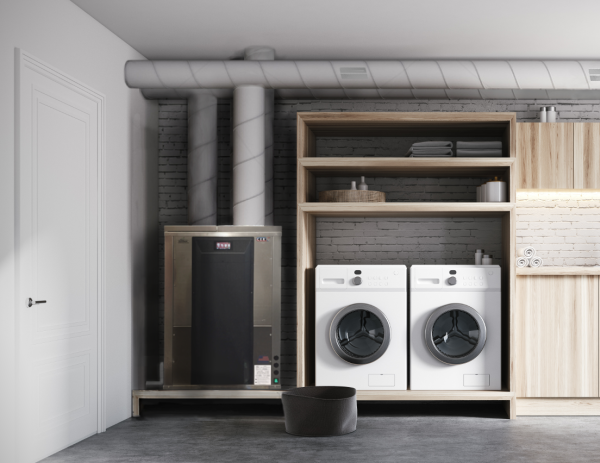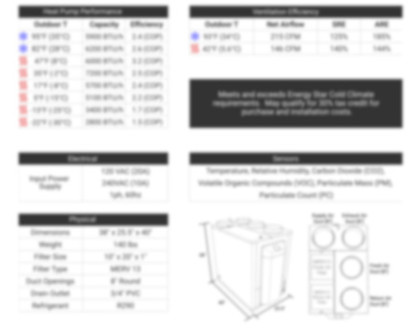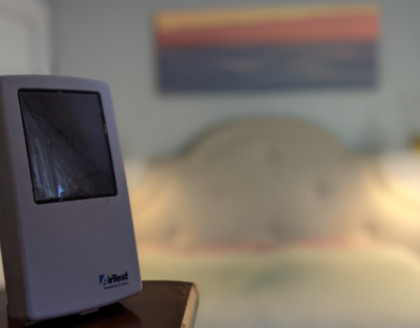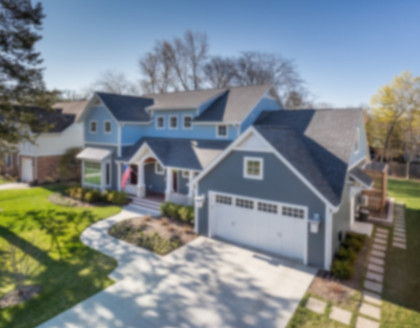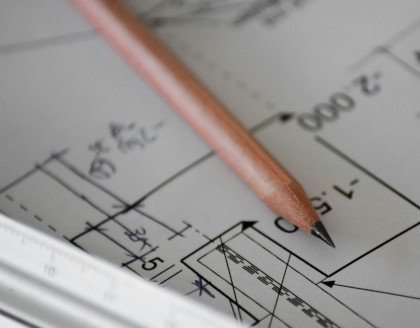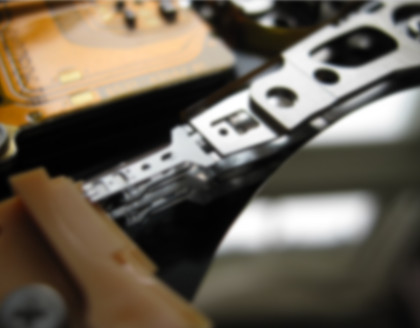Bill Spohn Interviews Professor Joseph Allen
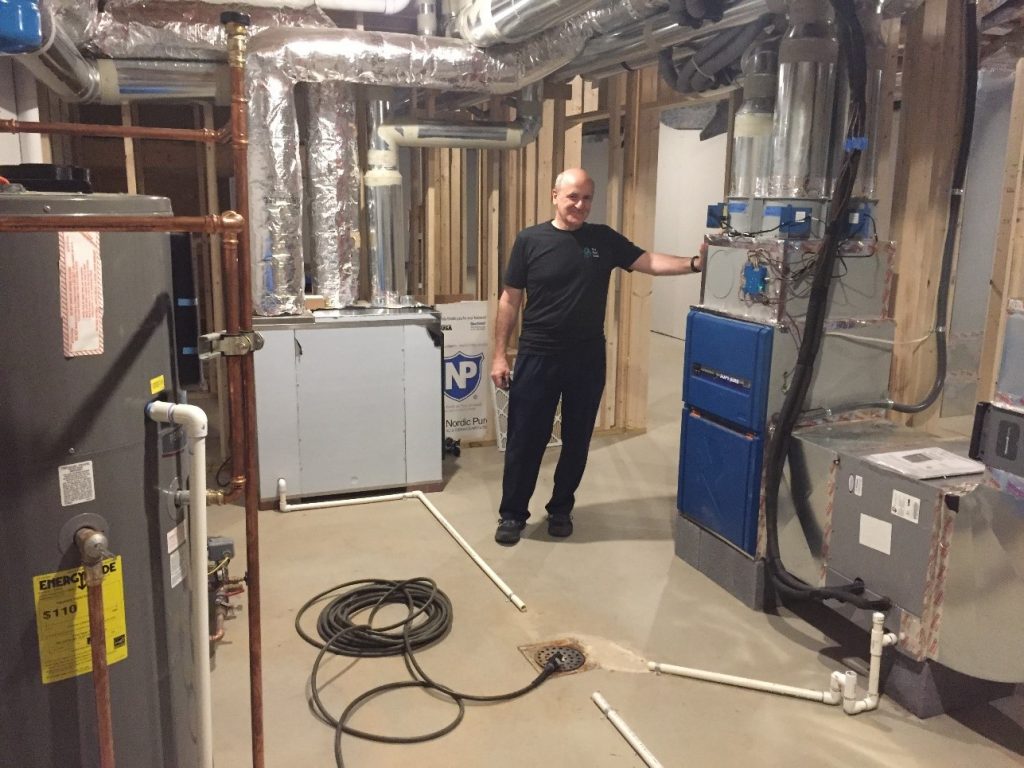
Building HVAC Science host Bill Spohn’s recent podcast interview (Building HVAC Science EP106; Apple Podcasts / Google Podcasts) with Professor Joseph Allen of Harvard’s TH Chan School of Public Health is a healthy half hour of great information on the importance of indoor air quality. Bill tells Professor Allen that his house already has the advancements needed for a healthy home … with a CERV2 managing IAQ in his high performance, solar powered home.
And if you’d like more, listen to Bill’s interview with Ty from 2019 on the importance of IAQ on your health and well-being (Building HVAC Science EP41; Apple Podcasts / Google Podcasts). If we sound like a broken record, it’s because we are! We have been singing this song for a long time, and will keep singing it until everyone enjoys the benefit of improved health by properly ventilated buildings.
Upcoming Interviews with Pretty Good House’s Emily Mottram

Watch for two upcoming interviews Architect Emily Mottram with Ty. Emily is co-author of The Pretty Good House (The Tauton Press) and one of the creative forces behind the PGH movement. It you haven’t heard of the Pretty Good House concept, it’s time to learn about this rapidly growing movement. Check out Emily and Michael Maines’ recent Green Home Institute webinar.
One interview discusses economic optimization of house performance (something near and dear to PGH advocates) and the second interview focuses on Build Equinox’s ZEROs (Zero Energy Residence Optimization software), a free-to-use, online design tool for home and building design. Don’t let “free” fool you into thinking ZEROs is a popup-riddled piece of simplistic software. ZEROs is the most powerful building design tool, and the only one we know of that combines IAQ, energy, moisture, solar energy, economics, and financial analyses that is validated with extensive field data and US DOE Besttest comparisons. Whether you’re designing a home for Beijing, Berlin or Boston, ZEROs allows you to efficiently design healthy, economical buildings!
We will be bringing you more PGH news in the near future as we work with a net zero PGH project that will also have excellent air quality!
Visit Build Equinox at NESEA in Boston

We’re excited to return to NESEA in Boston in late March (March 28 and 29)! NESEA’s conference brings together a broad spectrum of interests and always results in making new connections and renewing old relations. Our conference session is “Creating Healthy Decarbonized Classrooms” that presents Build Equinox work to make healthy, decarbonized classrooms a reality. We will describe how to define a healthy space (see our first article), how to energy efficiently maintain excellent IAQ in classrooms, how much it costs to renovate our older schools with poorly ventilated and uncomfortable classrooms, and the benefits of renovation.
Build Equinox will also be part of the exhibit hall, and we hope to have a chance to see you! This will be our fourth NESEA appearance.
Question: Who knew, back in 2017, that buildings should be ventilated differently to reduce airborne disease transmission?
Answer: Build Equinox did ... check out our 2017 NESEA presentation: “New IAQ Metrics to Avoid Being Stupid, Sick and Tired” when we quantified how ventilation impacts airborne disease transmission.
Gas Cooking’s Tobacco Time Has Arrived
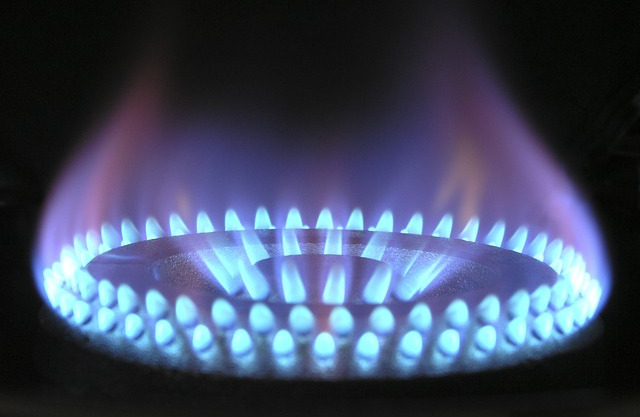
A lot of heat is being felt by the natural gas industry as a new study declares that gas cooking causes more than 12% of childhood asthma! In the past, research investigations have shown that gas cooking and childhood asthma are “correlated”. The new study examines causation, and among its results is that our home state (Illinois) is number one with 21% of childhood asthma attributed to gas cooking. 35% of US homes have one or more occupants with asthma.
Many things can be correlated such as ice cream consumption and murder rates. Does devouring a bowl of ice cream turn people into murderers, or do murderers suddenly have a craving for ice cream? Not likely, but determining the cause is more complex than finding that a correlation between two occurrences.
In the case of gas cooking, other confounders such as second-hand smoke and the barrage of chemical compounds surrounding us in our homes makes causal determination very difficult. The new study determines gas cooking to cause asthma. The original research paper in the International Journal of Environmental Research and Public Health is an open access paper.
The game has been played many times over by the tobacco, sugar, refrigerant, and fossil fuel industries. First, deny any links and challenge the initially small number of voices raising questions. Next, fund studies to challenge and create confusion as a growing number of investigators further substantiate initial inquiries. Also, hide results from studies you’ve supported that prove you are harming humans and nature. Finally admit that overwhelming evidence shows your industry is causing harm and that you are now working with others to remedy the situation while behind the scenes doing everything possible to delay any real progress.

